
OR
Three sets of elections
Unless there is a miracle, local polls won’t happen by mid-April, 2017, the deadline set by the previous KP Oli government. And if the mid-April timeframe for local elections is missed, it will then be impossible to hold the three sets of elections—local, provincial and federal—in the next 17 months, as mandated by the new constitution. The local polls won’t be possible anytime soon as the commission to determine the number and boundaries of local units has so far received reports on new demarcations from only 16 of the 75 districts in the country. That being the case, it will be impossible to submit the final report to the prime minister by mid-October. This is meaningful. The Election Commission has already clarified that it needs at least six months from the date of the submission of the final report to adequately prepare for mid-April, 2017 polls. As we have repeatedly emphasized in this space, the shapes and sizes of local bodies are a secondary issue. The main issue is lack of trust among the political parties. If an atmosphere of trust can be created among the main political actors, other issues will sort themselves out.
The only way the new constitution can be implemented—and the three sets of elections held—is if there is a broader political agreement among at least the four major stakeholders of the peace and constitution process that started with the signing of the Comprehensive Peace Agreement (CPA) in 2006. These actors are Nepali Congress, CPN-UML, CPN (Maoist Center) and Madhesh-based parties. But there is precious little that all four sides agree on. Even as the commission to reconfigure local units was going about its job, Madheshi parties had declined to accept its work. Nepali Congress, the largest party in parliament, has also said that the kind of local units that have been proposed by the commission won’t be acceptable. In fact, only UML unconditionally backs the commission. UML top-brass seems to believe that the earlier the elections are held, the better for the party. It reckons that during KP Oli’s nine months in office, and as a result of his resolute stand against India, the party’s popularity soared. UML wants to strike when the nationalism iron is still hot.
But UML leadership struggles to explain the rationale for elections if the very legitimacy of such elections will be questioned. Won’t such forced elections invite many more problems than they will help solve? Won’t they further deepen the old cleavages in Nepali polity? True, the country desperately needs local elections as grassroots democracy has been decimated in the absence of elected local bodies for over a decade and a half. It is as important to save the sanctity of the new charter by closely following it. This is why it must be amended at the earliest and made more inclusive by accommodating the concerns of the marginalized groups. That is the only way broadly acceptable elections can be held and the legitimacy of the new constitution guaranteed. But for that the political parties, especially the four main forces, must first come to a common minimum understanding on the constitution. Without such understanding the elections aren’t happening—not in April and not in the 17 months that remain in the constitutional calendar.
You May Like This
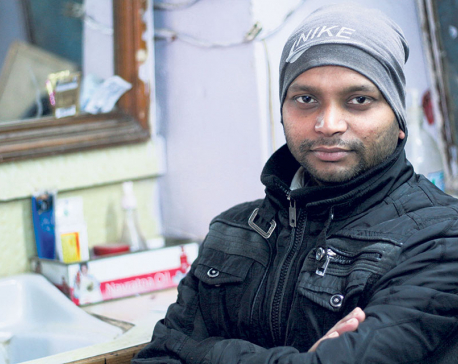
Souls of My City: Home away from home
“Everybody here is so friendly that it feels like home,” says Sanjay Thakur. He is a 28-year-old barber from Bihar,... Read More...
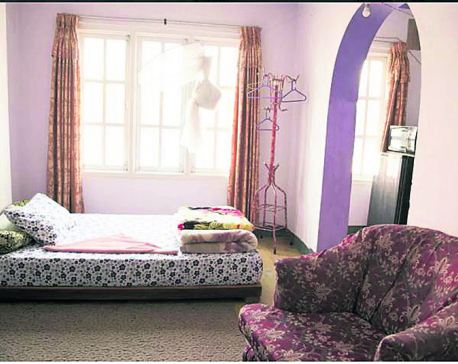
A home away from home
We all know how difficult it is to find hotel rooms that won’t take a chunk of our vacation budget... Read More...

A Home Away from Home
As far back as I can remember, whenever my semester report card came out, I would always proudly show it... Read More...

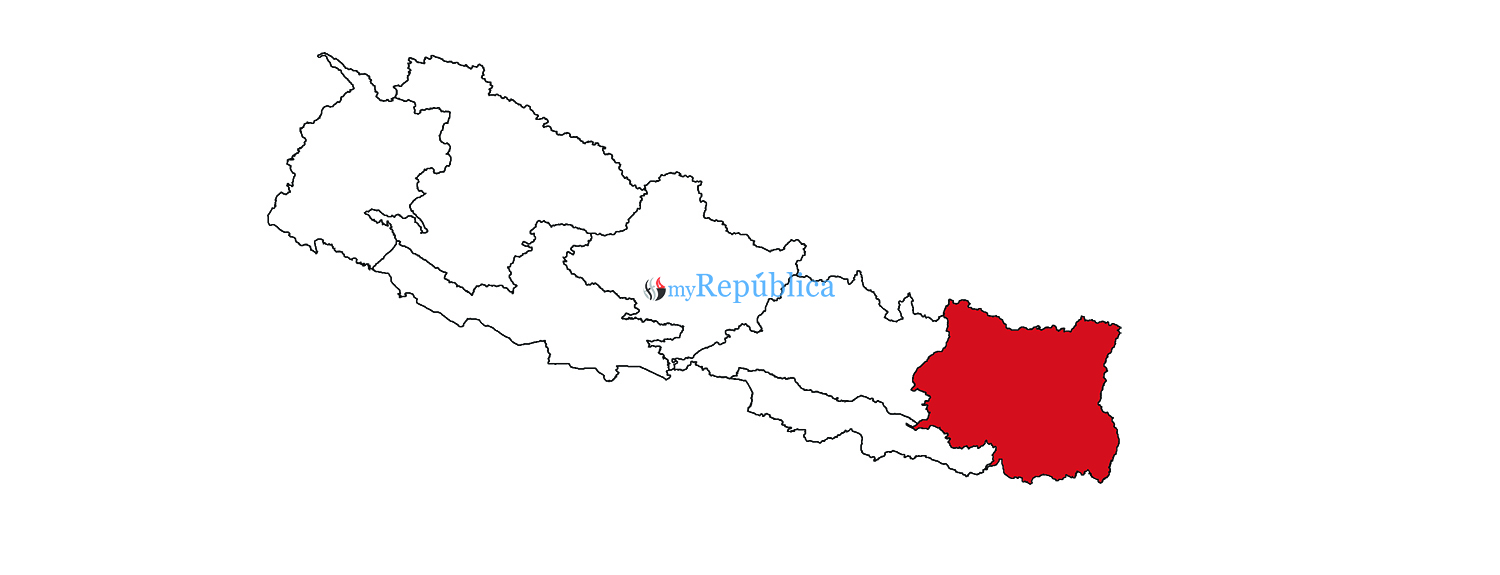
Just In
- UAE secures spot in ACC Premier Cup final, defeating Nepal by six wickets
- NC to boycott Gandaki Province Assembly, submits letter to Speaker
- 850 grams of gold seized from Indian national at TIA
- Rupandehi District Court orders to release Dipesh Pun on a bail of Rs 400,000
- Teachers’ union challenges Education Minister Shrestha's policy on political affiliation
- Nepal sets target of 120 runs for UAE in ACC Premier Cup
- Discussion on resolution proposed by CPN-UML and Maoist Center begins in Koshi Provincial Assembly
- RBB invites applications for CEO, applications to be submitted within 21 days








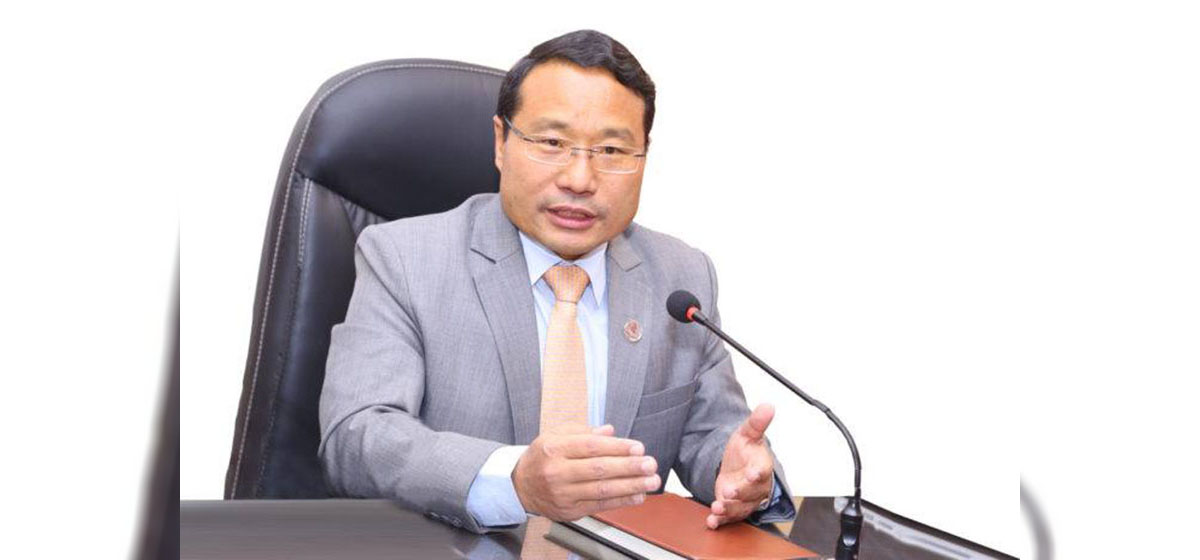


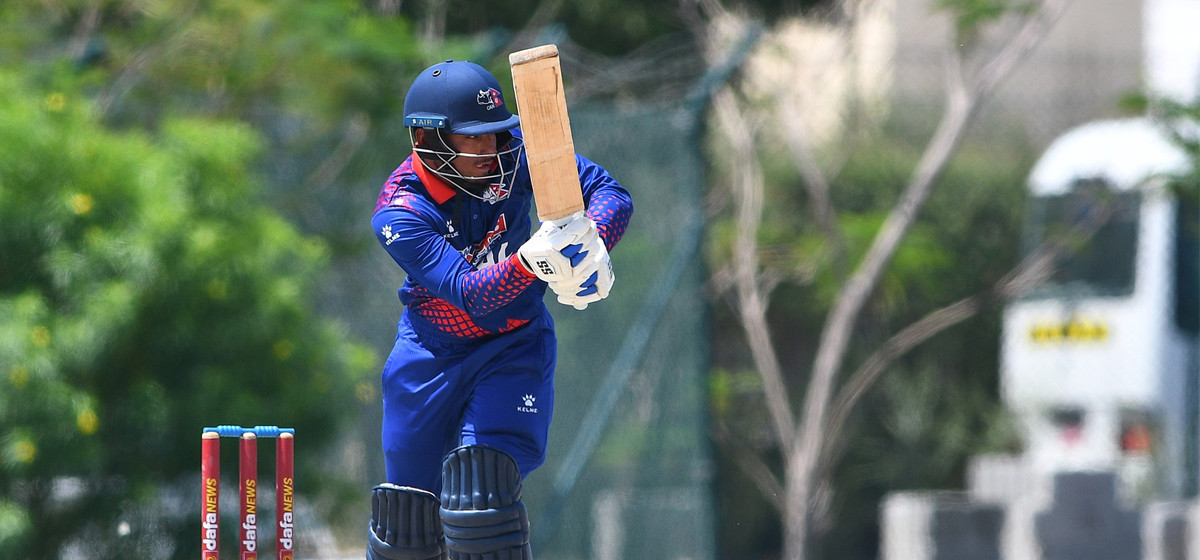
_20240311121839.jpg)


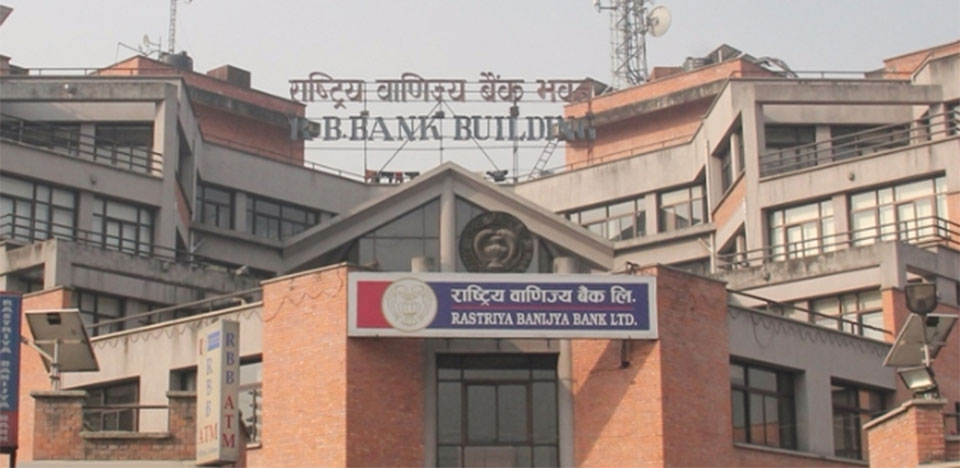
Leave A Comment